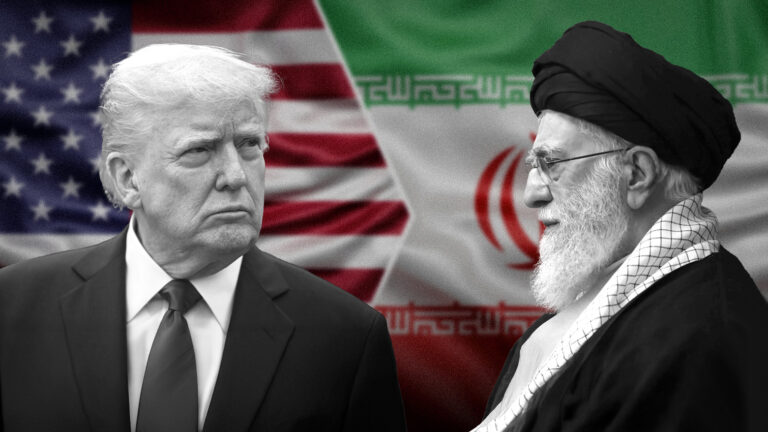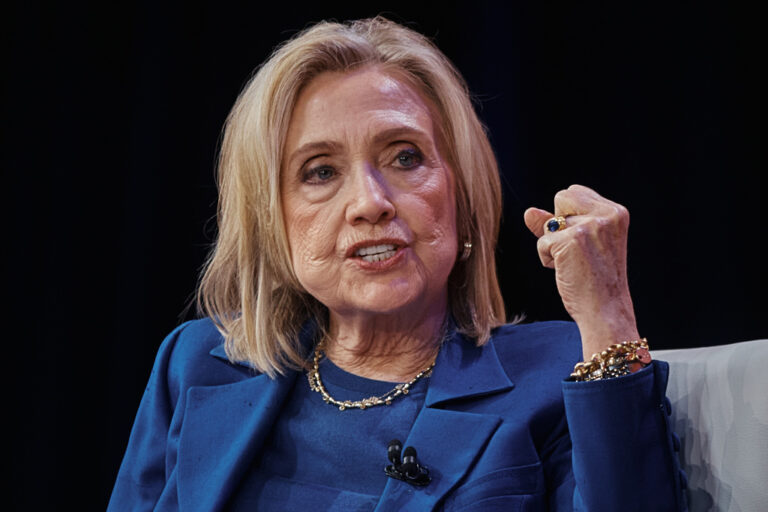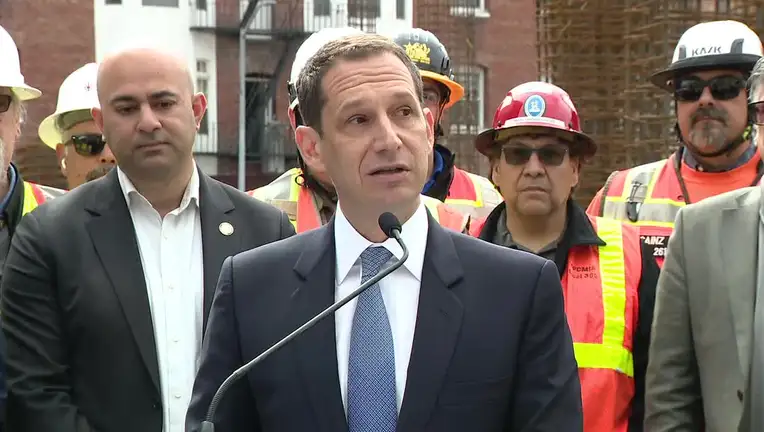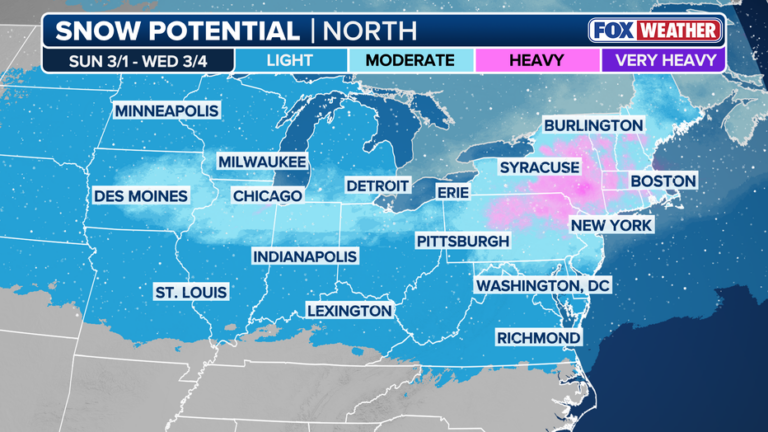 As Congress wrestles over renewing the bulk collection of Americans’ phone records, federal law enforcement officials are warning that legal authority is also at risk for lesser-known surveillance tools that are even more valuable in fighting terrorism.
As Congress wrestles over renewing the bulk collection of Americans’ phone records, federal law enforcement officials are warning that legal authority is also at risk for lesser-known surveillance tools that are even more valuable in fighting terrorism.
The Patriot Act authorities give the FBI flexibility to intercept the calls of terror suspects who continuously switch phones during the course of an investigation and to conduct surveillance on “lone wolf” individuals who pose threats but aren’t affiliated with an international terrorism organization.
U.S. officials have defended the need for those powers over the last decade, but have amplified those efforts in recent weeks as the expiration dates for their authority nears without any signals of a congressional compromise that would keep them from lapsing along with other parts of the act on June 1.
The Senate returns to session Sunday, facing a deadline to reach a last-minute agreement to renew a once-secret National Security Agency program that collects Americans’ phone records in bulk. Provisions of the Patriot Act dealing with lone-wolf targets and roving wiretaps would also expire at midnight with the phone records program.
FBI Director James Comey has called bulk phone collection a useful tool to the FBI’s counterterrorism efforts. But recently he has expressed more concern about being able to maintain the lone wolf and roving wiretap capabilities, as well as a separate Patriot Act provision that allows the FBI to obtain secret court orders to collect documents such as hotel and travel records during terrorism investigations, and which also would be affected by the deadline.
“I sure hope Congress figures out a way to make sure I don’t lose these essential tools,” he said during a visit Tuesday to the New Haven, Connecticut, field office of the FBI.
Attorney General Loretta Lynch warned Wednesday against permitting the expiration of “vital and uncontroversial tools we use to combat terrorism and crime.”
But civil liberties lawyers say the FBI already has the tools it needs and haven’t presented enough information to justify the use of these additional authorities. The American Civil Liberties Union accuses intelligence officials and some in Congress of “scaremongering” about the Patriot Act and says the debated authorities give the government too much discretion in national security investigations.
“Existing laws provide ample authority for the government to obtain information about individuals who are planning attacks of terrorism,” ACLU lawyers wrote in a memo urging Congress to let the provisions expire.
The FBI has had roving wiretap authority since the 1980s for criminal investigations such as drug cases, and the Patriot Act of 2001 extended its use for counterterrorism and counterintelligence investigations. That authority lets federal agents, instead of seeking permission to tap each separate phone an individual may use, eavesdrop continuously on targets regardless of the device they’re using. Law enforcement officials see it as an effective way to thwart suspects who try to avoid detection by constantly changing phones, including going through a series of “burner” cellphones.
“I think terrorists increasingly engage in the kind of sophisticated tradecraft that spies and foreign intelligence agencies do, and the same authority is required to investigate them,” said Todd Hinnen, a former acting assistant attorney general of the Justice Department’s National Security Division.
The “lone wolf” provision, meanwhile, enables FBI surveillance of a non-U.S. person who is suspected of plotting terrorism but aren’t agents with any foreign powers or connected to terror groups.
With that power, a judge can “authorize the interception, even if he can’t say, well, they are al-Qaida — no, they are ISIL, no, they are AQAP,” Comey said at a Georgetown University summit last week, using acronyms for the Islamic State and for al-Qaida in the Arabian Peninsula.
The FBI has said that authority was shown to be necessary in the case of Sept. 11 conspirator Zacarias Moussaoui. In the weeks leading up to the attacks, FBI officials wanted to seek a surveillance warrant under the Foreign Intelligence Surveillance Act, but determined that they lacked evidence tying Moussaoui to a foreign power. But a 2003 Senate Judiciary Committee report said FBI agents and lawyers had misunderstood the law and failed to use powers they already had.
Hinnen testified before Congress in March 2011 that it had not yet been used up to that point. A U.S. official, who was not authorized to discuss the matter by name and spoke on condition of anonymity, said he was unaware of the authority having been utilized since then but said officials want to hold onto the capability at a time of growing concerns surrounding individuals who aren’t connected to organized terror groups.
Nonetheless, Comey has tried to make a case for preserving the Patriot Act tools by contending that they are not controversial, perhaps drawing a contrast with a phone records program that has raised bipartisan alarms since its details were first revealed two years ago.
Important authorities could “go away June 1, and I don’t want them to get lost in the conversation about metadata,” Comey told the Georgetown audience.
(AP)










